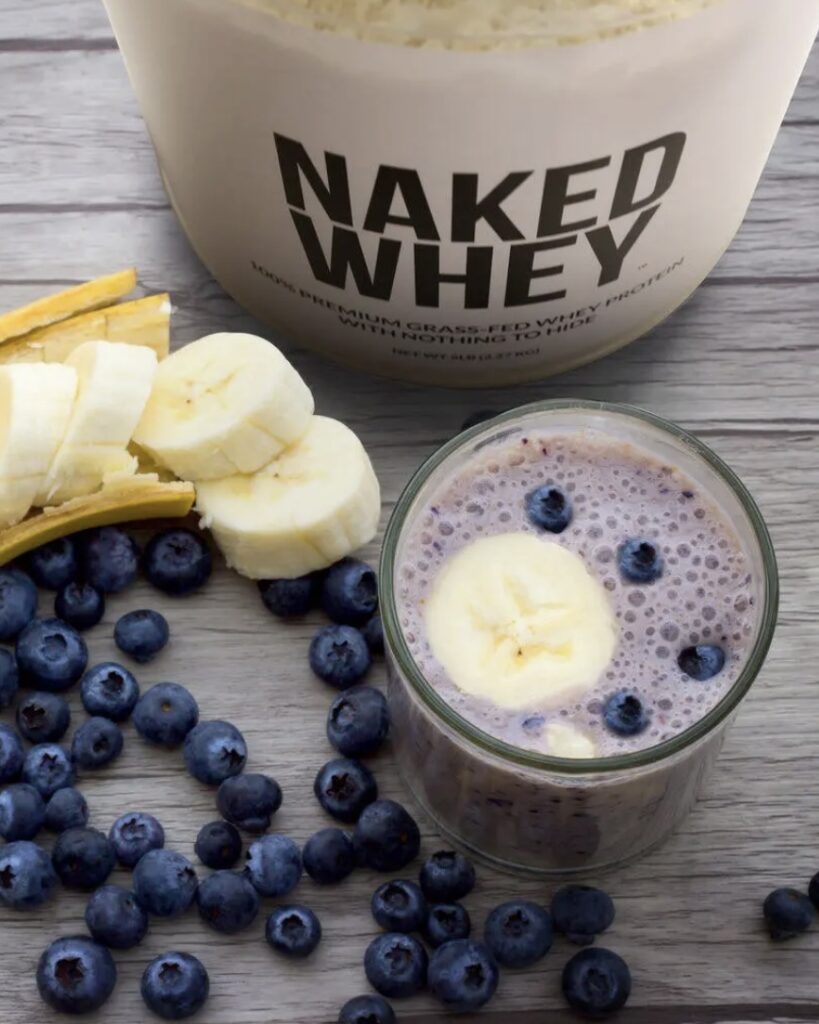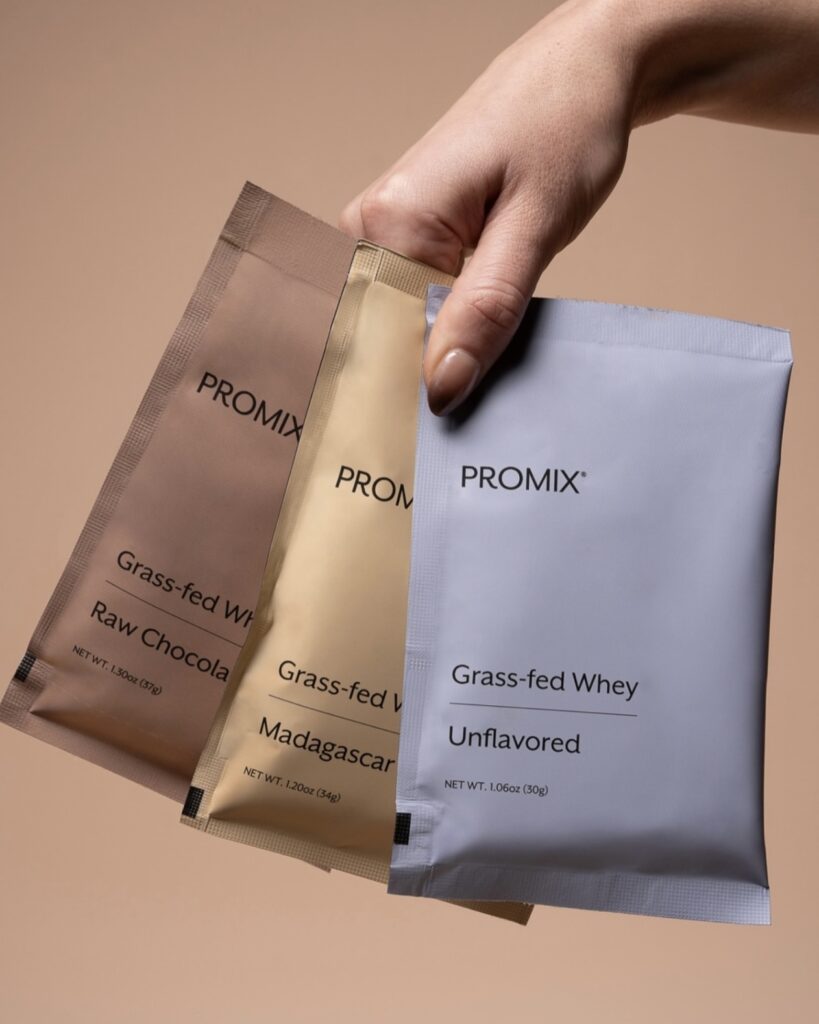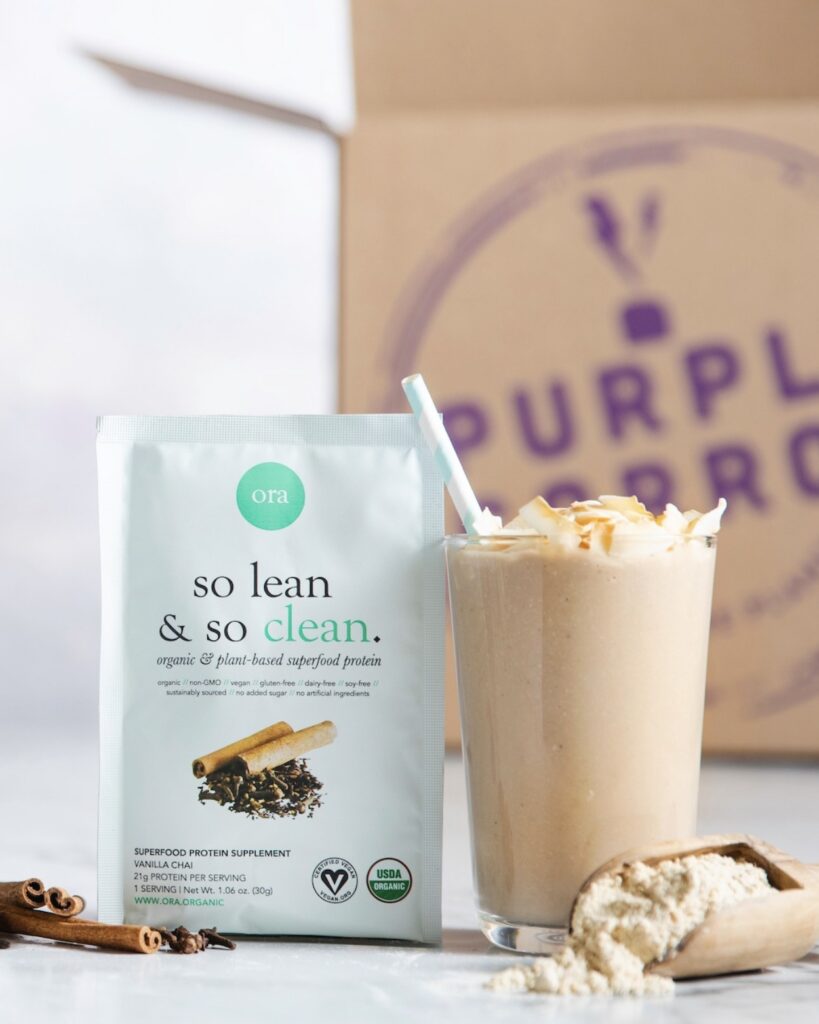Let’s be real – protein is the it girl of the wellness world. Whether you’re in the gym daily or just trying to nourish your body, the conversation around protein intake is everywhere. But how much do we really need? And when it comes to supplements, which ones actually deliver? Let’s break it all down, UAE-style.
Animal-Based Protein: The Gold Standard?
When you think of protein, do you picture a giant steak? Same. But there’s a reason why animal-based protein has earned its reputation as a top-tier source.
Here’s why:
- Complete Amino Acid Profile – It contains all nine essential amino acids in the right amounts for muscle repair, recovery, and overall health.
- Higher Protein Per Calorie – Meaning you get more protein without needing to eat extra calories.
- Nutrient-Dense – Animal proteins are packed with B vitamins, vitamin D, omega fatty acids, zinc, and highly bioavailable heme iron.
If you’re looking to hit your protein goals efficiently, animal-based protein sources make it easy:
- Chicken: ~27g protein / 100g
- Beef: ~26g protein / 100g
- Fish: ~20-25g protein / 100g
- Eggs: ~6g protein each
- Yogurt: ~10g protein / 100g
- Cheese: ~6-10g protein / 1 oz.
- Milk: ~3g protein / 100g
Ideally, if you’re choosing animal proteins, look for grass-fed, pasture-raised, and wild-caught sources to get the best quality and nutrient profile.
That said, not everyone chooses to eat animal protein – whether for ethical, environmental, or personal reasons. And while it’s possible to hit your protein goals on a plant-based diet, it can be a bit trickier.
Plant-Based Protein: Can It Keep Up?
If you’re team plant-based, you can still meet your protein needs – but it takes more intention. Why?
- Incomplete Amino Acid Profiles – Most plant proteins are missing or low in one or more essential amino acids, especially leucine (which is key for muscle growth).
- Lower Protein Per Calorie – You need to eat more food (and calories) to get the same amount of protein you’d get from animal sources.
That being said, many athletes and wellness enthusiasts thrive on plant-based protein with the right approach – think fermentation, soaking, sprouting, and strategic food pairing.
If you’re looking for some of the best plant-based protein sources, here’s what delivers:
- Edamame: ~11g protein / 100g
- Peas: ~5g protein / 100g
- Spirulina: ~4g protein / 1 tbsp
- Quinoa: ~4g protein / 100g
- Hemp Seeds: ~3g protein / 1 tbsp
It’s definitely doable to meet your protein needs on plants—you just might need bigger portions and some mindful meal planning to ensure you’re getting all the essential amino acids. can also boost fiber intake, promoting gut health and reducing the risk of certain diseases.
What About Protein Powders?
Let’s be honest – sometimes hitting your daily protein target can feel like a full-time job. Between busy schedules, meal prep, and dietary preferences, protein powders can be a major time and money saver.
But here’s the thing: not all protein powders are created equal.
What to Watch Out For:
- Quality Matters – Some protein powders are packed with fillers, additives, and artificial sweeteners.
- Heavy Metals and Contaminants – A lot of protein powders (especially plant-based ones) have been found to contain lead, cadmium, and other heavy metals.
- Digestibility Issues – Some people struggle to digest certain proteins (like whey concentrate or pea protein), leading to bloating or discomfort.
So, What’s the Best Protein Powder?
If we’re talking amino acid profile, digestibility, and overall effectiveness, whey protein isolate is the clear winner.
Why Whey?
- Best amino acid profile – Whey has the highest amount of all nine essential amino acids.
- Highest leucine content – This helps with muscle recovery and protein synthesis.
- Most digestible – Whey protein isolate has the highest protein quality score.
- More protein, fewer calories – 100g of whey isolate delivers ~90g of protein with minimal carbs and fat.
Of course, if you’re vegan, lactose-intolerant, or prefer plant-based options, pea protein, rice protein, or a blend can still be a great way to supplement your intake.
The Best Protein Powders in the UAE
If you’re looking for high-quality, clean protein powders, here are a few standouts:
Naked Grass-Fed Whey Protein Powder
This product is sourced from grass-fed cows and undergoes minimal processing, ensuring a clean protein source without harmful additives.
Promix Whey Protein Powder
Known for its transparency and rigorous testing, Promix offers a protein powder that is free from heavy metals and other contaminants.
Ora Organic Vegan Protein Powder
A plant-based option that has been tested to ensure it’s free from heavy metals, making it a safe choice for vegans.



When selecting a protein powder, it’s advisable to:
- Check for Third-Party Testing: Ensure the product has been tested by independent laboratories for contaminants.
- Review Ingredient Sources: Opt for products with transparent sourcing and minimal processing.
- Stay Updated: Regularly consult recent studies and reports to make informed choices.
By choosing products that prioritize purity and transparency, you can safely incorporate protein powders into your diet.
Final Thoughts: Do You Need Protein Powder?
Protein powder is not essential, but it IS convenient – especially if you’re on the go, fasting, or just need an easy way to hit your daily protein target.
If you’re going to use one, look for minimal ingredients, third-party testing, and high-quality sourcing. And remember – real, whole foods should always be the foundation of your diet.
Are you team animal-based or plant-based when it comes to protein? And what’s your go-to protein powder? Let’s chat in the comments.
Written by Jasmine at The Connected Collective.